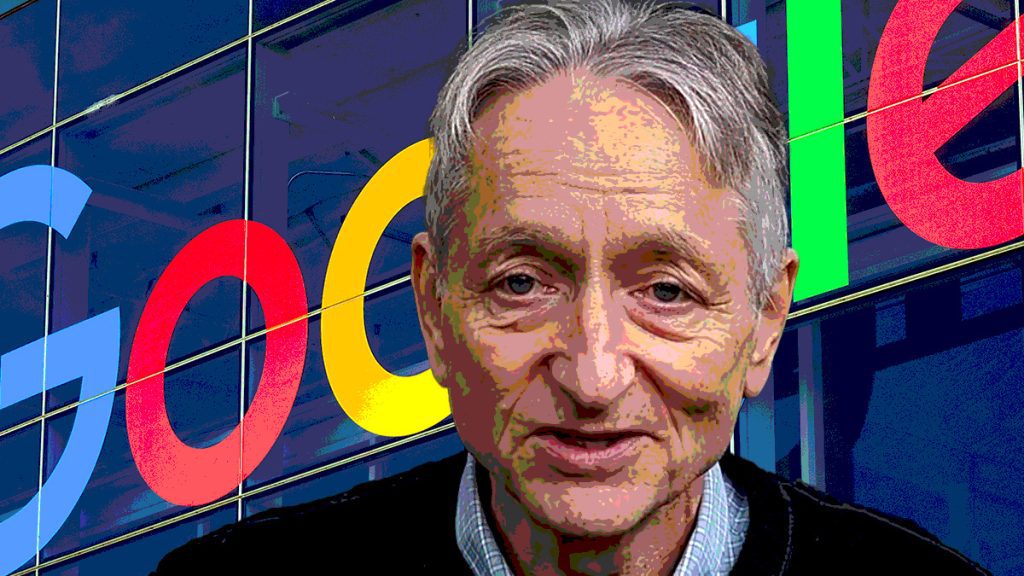
Geoffrey Hinton, the AI Godfather, has resigned from Google. Due to his concerns about the rapid rise of chatbots and other generative AI technology.
- Hinton fears that such technologies could spread misinformation and cause significant job displacement.
- Hinton concerns are shared by many academics who have called for greater transparency and accountability in AI development.
__________________
Geoffrey Hinton, dubbed “the Godfather of AI,” has resigned from Google due to concerns about the rapid emergence of chatbots and other generative AI technology. Hinton, who helped establish the framework for today’s artificial intelligence. Is worried that these recent technologies may pose severe threats to society. Such as spreading misinformation and causing displacement of employees.
Who Is Geoffrey Hinton and Why Is He Important
Geoffrey Hinton, a British-Canadian cognitive psychologist, and computer scientist has dedicated more than a decade of his career to Google. Where he and his colleagues oversee numerous features on services such as Google Photos. In 2012, Hinton and his two students achieved a significant breakthrough by developing an algorithm that successfully analyzed photographs to identify everyday objects such as dogs, cats, and cars.
Hinton’s contributions to the field of neural networks have significantly benefited today’s AI chatbots. These include the acclaimed ChatGPT, although he did not have any direct involvement with OpenAI. One of his pupils is now a principal scientist at the Microsoft-backed AI business. Despite his successful career in neural networks and AI, Hinton has expressed concerns about the potential negative consequences of these technologies on society. Including the displacement of employees, the spread of information, and most importantly, his regret around his efforts in artificial intelligence.
Hinton’s Concerns Are Shared by Many
Geoffrey Hinton’s concerns originate from the recent launch of OpenAI’s ChatGPT, an extensive language model with remarkable intelligence. Hinton previously thought that the AI revolution would take decades. But the rapid progress of ChatGPT and other generative AI technologies has changed his perspective. He fears that such technologies will make it challenging for people to differentiate between fact and fiction, truth and falsehood. Leading to widespread job displacement as AI continues to automate work.
Hinton’s resignation from Google coincides with numerous experts calling for a halt in the advancement of artificial intelligence. They contend that the swift pace of innovation is outpacing our ability to comprehend and regulate innovative technologies, necessitating more caution in their development. They warn that without transparency and regulation, businesses risk losing control of a powerful tool.
Hinton’s concerns are shared by many academics who have called for greater transparency and accountability in AI development. Some have even proposed a freeze on certain types of AI development until we can better understand their potential consequences. The emergence of chatbots and other generative AI technologies has further increased concerns as they have the potential to propagate misinformation and deception on a massive scale.
Bottom Line
It is quite possible that the AI godfather’s recent resignation from the Big Tech giant can be perceived to push the company out of the AI race. However, it is still significant to simply acknowledge, or more accurately, to seek the hidden truth in what he is bluntly saying to the world.
The message is clear. And his concerns about the consequential drawbacks of AI’s rapid development are his way of vocalizing the great need for transparency and regulation. It is important to approach AI development with caution and to consider the potential societal impacts of these technologies.